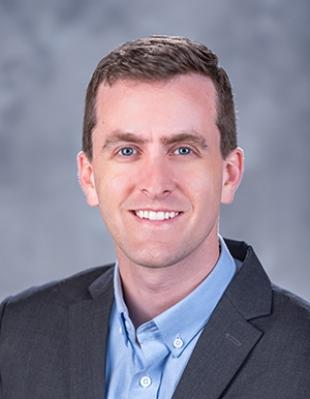Prof Lively received his PhD in chemical engineering at the Georgia Institute of Technology in 2010 and spent nearly three years as a post-doctoral research engineer at Algenol Biofuels before joining the faculty as an Assistant Professor at the School of Chemical & Biomolecular Engineering at Georgia Tech. His current research seeks to advance fluid separation processes critical to the global energy infrastructure. In particular, his research group investigates the fundamentals of adsorption and diffusion in hybrid polymeric and microporous materials, which enables the design of fibre-based separation devices. He is a recipient of a 2013 NSF BRIGE Award, a 2017 NSF CAREER Award, a 2017 3M Non-Tenured Faculty Award, the 2018 Kunesh Award from the AIChE Separations Division, and a 2018 DOE Early Career Award. He has over 80 publications in the field of separations including articles in Science, Nature, and Nature Materials.
Invited Talk (Inorganic Membranes)
Enabling widespread use of microporous membrane materials for challenging organic solvent separations
Ryan P. Lively
School of Chemical & Biomolecular Engineering, Georgia Institute of Technology
(ryan.lively@chbe.gatech.edu )
The rapid increase in global industrialization necessitates technology shifts in energy production, manufacturing, and carbon management techniques. Approximately 10-15% of global energy use can be attributed to separation processes, with the vast majority of separations being “thermal” in nature (e.g., distillation). Membranes are potentially disruptive technologies, but issues of perceived risk/reliability, scalability/cost, and performance must be addressed for membranes to move beyond water and gas separations and towards world-scale sectors such as hydrocarbon processing. Incorporating performance-enhancing microporosity into membrane manufacturing systems – with only minimal additional processing steps beyond conventional manufacturing approaches – is a key pathway for enabling scalable, reliable, high-performance membrane materials for challenging industrial separations. The creation of robust materials-enabled advanced separators and their manufacturing into low-cost, energy-efficient devices to meet this global challenge will be the focus of the talk. Engineering novel materials—such as polymers of intrinsic microporosity, porous organic cages, and carbon molecular sieves—into hollow fiber separation devices shows promise for emerging organic solvent nanofiltration and organic solvent reverse osmosis applications. Finally, specific barriers to commercialization of membrane-based organic solvent systems and potential strategies for overcoming these barriers will be discussed.



